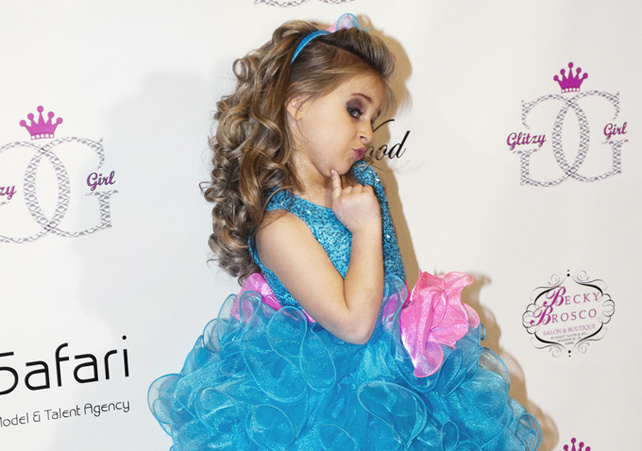The weird phenomenon of child beauty pageants is coming to Quebec, at long last. On November 24, little Quebec girls, some under a year old and under the watchful, intense eyes of their mothers, are to be trotted out on stage and judged by a group of...

